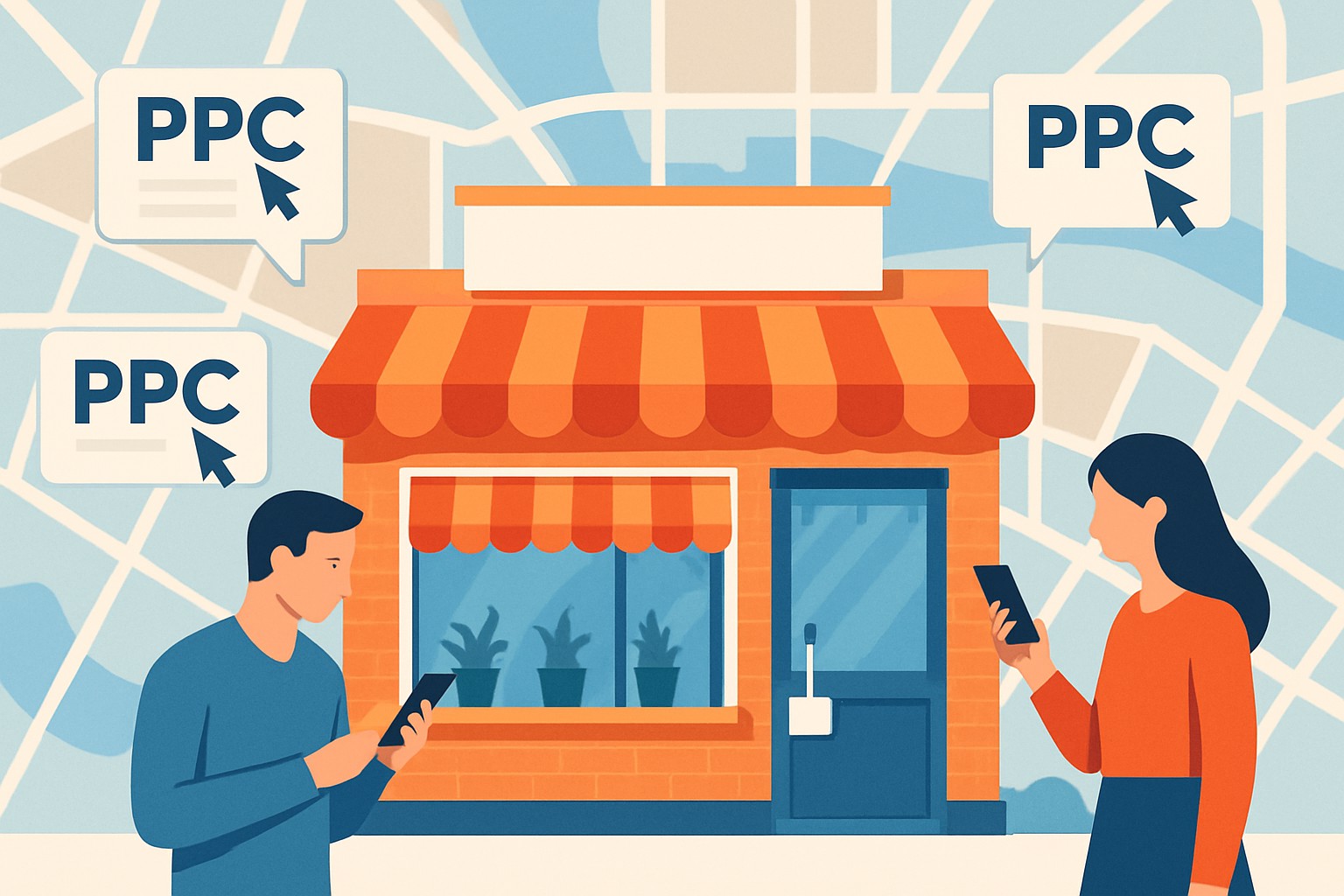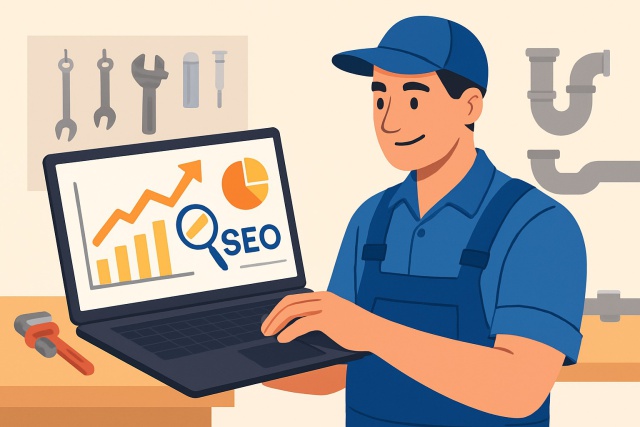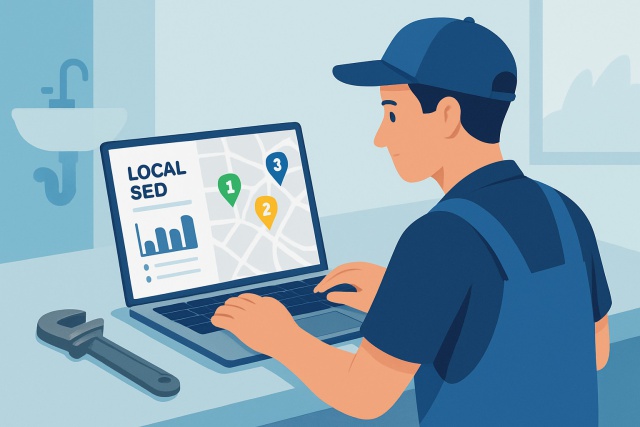
Enterprise local SEO challenges and proven solutions
Discover the unique challenges enterprises face in local SEO and explore proven strategies and tools...

Local PPC (pay-per-click) advertising zeroes in on reaching customers right where they are, within specific geographic areas. It’s a handy tool that helps small businesses not just shout into the void but actually connect with the local crowd that matters most.
Small businesses often face their fair share of hurdles when it comes to local PPC. Budgets are usually tight, which can really put a cap on how far their campaigns can stretch. Meanwhile, local keyword competition is no walk in the park—it's pretty fierce out there. Many lack the in-house know-how to really fine-tune their campaigns for the best results. Striking the right balance among these factors requires some careful planning.
Local PPC focuses on reaching people by location using geo-targeting like a pro. It times ads to run when they’re most likely to hit the mark, tweaks bids based on the neighborhood and picks keywords that clearly show local intent.
Nailing down geo-targeting in platforms like Google Ads or Microsoft Advertising lets you zero in on the exact neighborhoods or zip codes where your customers really hang out. It is a smart move that not only makes your ads feel more relevant but also helps you avoid tossing money out the window on clicks from places you do not serve.
Clearly outline your service area—focus on spots where you can realistically deliver orders or provide your services without breaking a sweat.
When setting up your PPC platform, plug in the cities or zip codes or dial in a radius around your business that makes the most sense.
Skip locations that are too far out or places where you don’t want your ads showing up—this way you won’t be throwing money down the drain.
Double-check your settings by previewing ad impressions across areas to make sure your geographic coverage is spot on.
When you are digging into keywords that scream local intent you’re setting your ads up to catch the eyes of individuals nearby who are genuinely on the hunt for what you offer. Toss in city names, neighborhood lingo and those trusty "near me" phrases to make sure you’re cozying up to searches with a clear local vibe.

Small business owner using keyword research tools to identify local PPC keywords relevant to their community.
Ad copy that highlights local landmarks or neighborhood details usually strikes a chord with the community and helps build trust.
Your landing pages need to keep the same local vibe as your ad copy with clear location details and contact info that is easy to find. They should also have strong calls to action that do not leave visitors guessing.
Small businesses typically juggle tight advertising budgets, so it’s really wise to start small and keep a sharp eye on how your ads are doing. Slowly tweaking bids based on geography and competition usually strikes the right balance.
Kick things off with a modest daily budget that fits comfortably within your overall marketing spend and helps you keep costs from sneaking up on you.
Keep a close watch on your campaign data to spot which locations bring in the best conversion rates. These little insights can really pay off.
Don’t be shy about boosting bids in areas that are pulling their weight and scale back where results are running cold.
Take advantage of dayparting by ramping up bids during peak business hours when conversions tend to surge. Timing is everything.
Keeping tabs on key performance indicators is key if you want to get the most value from your local PPC campaigns. It’s smart to watch click-through rates, conversion rates and cost per lead because these numbers tell the real story. Using call tracking and local store visit data can be a game changer. It helps you tie offline conversions back to your online ads more accurately.
Many small businesses often stumble on the same classic slip-ups: casting their net too wide with targeting, forgetting to use negative keywords, overlooking local ad extensions like location markers or call buttons and ending up with bland landing pages that don’t really shout out their local roots.
14 articles published
Driven by a passion for unlocking the potential of digital spaces, Quintessa Crenshaw combines cutting-edge strategies with a human-centric approach, empowering businesses to thrive in the ever-evolving digital landscape.
Read Pages
Discover the unique challenges enterprises face in local SEO and explore proven strategies and tools...

Discover how plumbers who dislike marketing can still master SEO with straightforward steps to attra...

Contractors face fierce local competition—discover the best SEO tools and expert strategies designed...

Unlock the power of plumbing local SEO with practical steps to optimize your online presence and con...